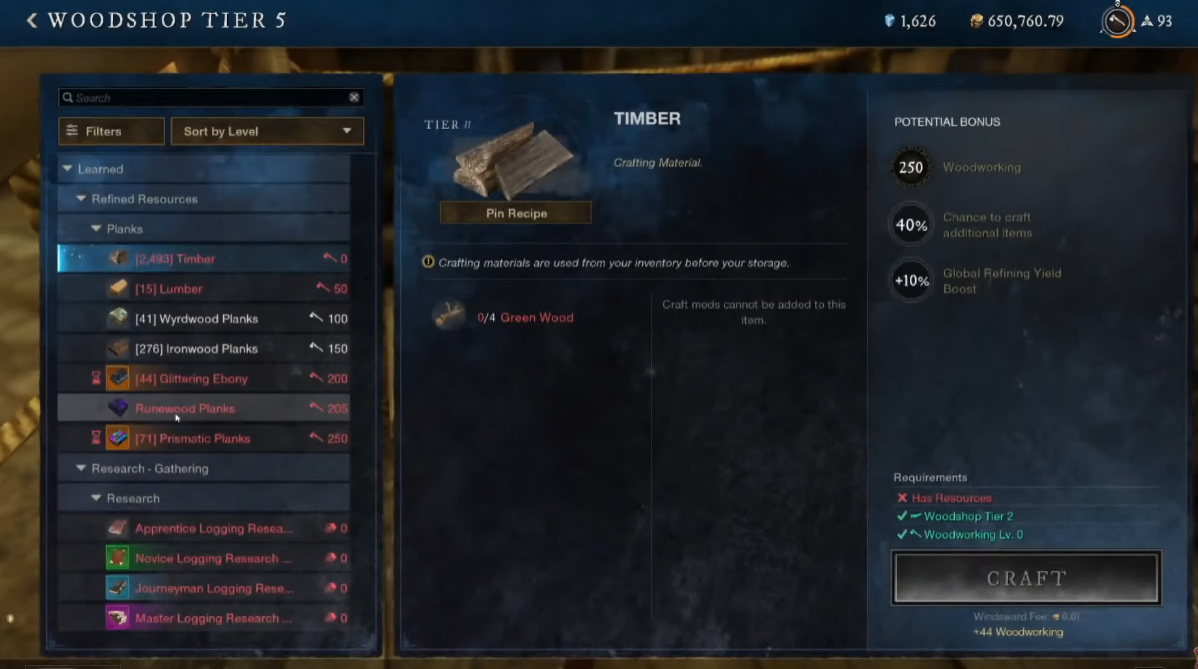In the virtual world of New World, a massively multiplayer online role-playing game (MMORPG) developed by Amazon Game Studios, the economy plays a crucial role in shaping both the player's experience and the broader political landscape within the game. At the heart of this economy lies New World coins, the primary currency used to buy resources, equipment, and even influence over territories. As players seek to gain power and control over the vast lands of Aeternum, New World coins become more than just a means of trade—they are a driving force in the political dynamics of the game.
The Role of New World Coins in Territory Control
One of the most significant ways in which New World coins impact the political landscape is through territory control. The game's map is divided into several regions, each with its own set of resources and opportunities. Factions, which are groups of players allied under a single banner, vie for control over these territories. Controlling a territory brings immense benefits, including access to resources, taxation rights, and influence over the region's economy.
However, maintaining control over a territory is not without its challenges. Factions need to continuously invest New World coins to upgrade their holdings, pay for defensive structures, and fund wars against rival factions. The costs involved in these operations make coins essential in determining which factions will rise to power and which will fall into decline. This financial aspect introduces a layer of complexity to the political game, as factions must balance their monetary resources with their military strength.
Economic Power and Political Influence
Beyond territory control, New World coins also play a role in shaping the political alliances and rivalries within the game. Players can use New World coins to buy powerful items, craft rare equipment, and fund their factions' activities. The ability to generate and manage wealth gives factions a strategic advantage, as they can outspend their rivals, secure important resources, and ultimately exert political influence over the game's factions and regions.
In many cases, players who amass large quantities of New World coins can use their wealth to influence the outcome of wars, control key locations, and even broker deals with other factions. A well-funded faction has the means to maintain a large standing army, defend key territories, and win battles of attrition. As a result, economic power in the form of New World coins often translates directly into political power, further emphasizing the importance of wealth management within the game.
The Impact of Buying New World Coins
For many players, the need to gather resources and build wealth can be time-consuming. This has led to the practice of buying New World coins from third-party vendors, providing an opportunity to fast-track progress in the game. By purchasing New World coins, players can skip the grind and immediately bolster their faction's economic position. This practice not only gives the individual player a competitive edge but can also alter the balance of power in the game's political landscape.
While buying New World coins can be a quick solution for some, it raises questions about fairness and balance in the game. Factions that rely heavily on purchased coins may have an unfair advantage over others, potentially leading to a "pay-to-win" scenario. This can affect the broader political environment by creating a gap between factions that can afford to buy New World coins and those that cannot, disrupting the natural flow of in-game power dynamics.
The Balance of Power and Future Implications
As the political landscape of New World evolves, the influence of New World coins will continue to grow. The interaction between economic power, faction warfare, and territorial control creates a complex web of influence that shapes the way the game is played. Factions that can successfully manage their coin supply and invest wisely in both their military and infrastructure will be better positioned to control key territories and exert influence over the game world.
However, the role of New World coins also introduces potential challenges to the game's fairness and balance. Developers must continue to monitor the economy and ensure that players who buy New World coins do not gain an insurmountable advantage. Finding a way to maintain an equilibrium between economic and political power will be key to ensuring that New World remains an engaging and fair experience for all players.
In conclusion, New World coins are far more than just a form of currency—they are a driving force in the political landscape of the game. The way players manage their resources, forge alliances, and control territories is deeply intertwined with the flow of New World coins, making them a powerful tool in the struggle for dominance in Aeternum. Whether by purchasing coins or earning them through in-game actions, the economic decisions players make will continue to have a profound impact on the ever-shifting political landscape of New World

